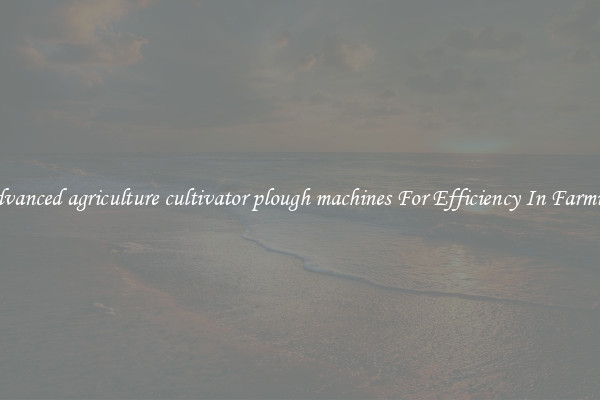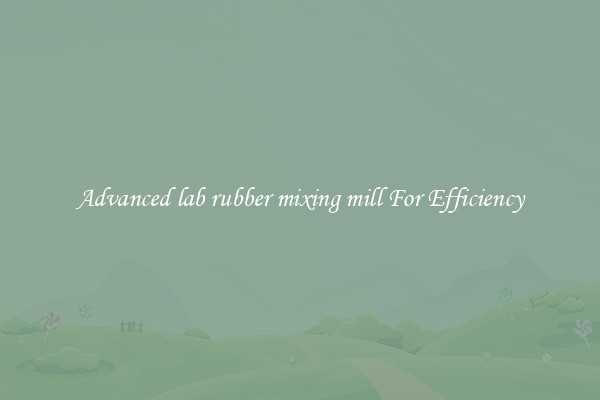Advanced agriculture cultivator plough machines For Efficiency In Farming
In the world of modern agriculture, advancements in technology have revolutionized the field, making farming more efficient, productive, and sustainable. One of the key innovations in this evolution is the development of advanced agriculture cultivator plough machines.

These machines are designed to streamline the process of soil preparation, cultivation, and planting, reducing the manual labor required while increasing productivity and yield. They come equipped with sophisticated technology and features that make farming operations more precise, efficient, and cost-effective.
One of the main benefits of advanced agriculture cultivator plough machines is their ability to prepare the soil for planting in a more efficient and effective manner. These machines are equipped with tools and attachments that can break up hardpan soil, remove debris, and aerate the soil to improve drainage and nutrient uptake. This results in healthier soil that is more conducive to plant growth and higher yields.
Another advantage of these machines is their ability to reduce the amount of manual labor required in farming operations. With traditional methods, farmers would need to spend hours tilling the soil, planting seeds, and cultivating crops. However, with advanced agriculture cultivator plough machines, these tasks can be completed in a fraction of the time, allowing farmers to focus on other aspects of their operation.
Furthermore, these machines are equipped with precision technology that allows for more accurate planting and cultivation. This means that farmers can plant seeds at the correct depth, spacing, and timing, resulting in more consistent and uniform crop growth. Additionally, these machines can be programmed to adjust to different soil types and conditions, ensuring optimal performance in any situation.
Overall, advanced agriculture cultivator plough machines are a game-changer for modern farming. They offer increased efficiency, productivity, and sustainability, allowing farmers to maximize their yield while minimizing their environmental impact. As technology continues to evolve, we can expect even more advancements in this field that will further revolutionize the way we farm.

View details

View details

View details

View details








